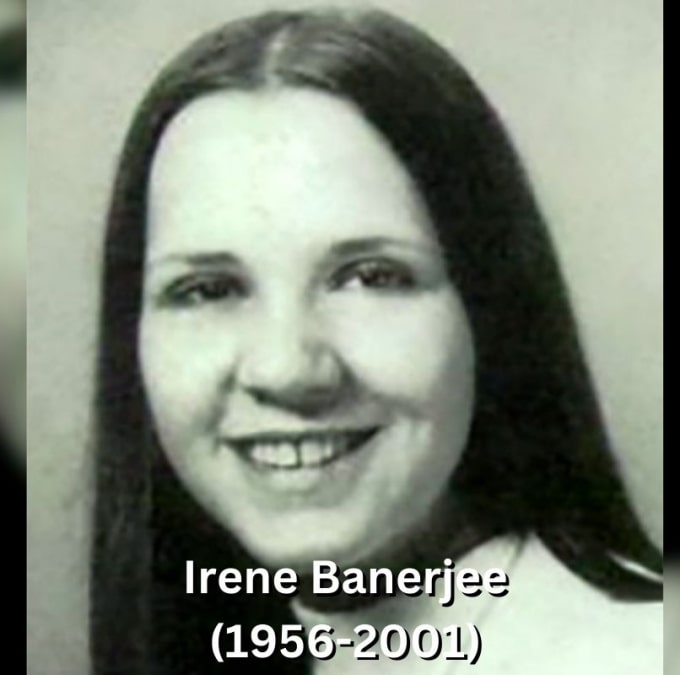When it comes to the golden age of Motown, one name consistently shines: Junior Walker. Known for his electrifying saxophone performances and soulful vocals, this musical legend has left a lasting impression on the music industry. This article delves into Walker's life and legacy, tracing his path from humble beginnings to international stardom.
Quick Facts
| Category | Information |
|---|---|
| Birth Name | Autry DeWalt Mixon Jr. |
| Stage Name | Junior Walker |
| Professions | Saxophonist, Vocalist |
| Date of Birth | June 14, 1931 |
| Birthplace | Blytheville, Arkansas |
| Nationality | American |
| Passed Away | 1995 |
The Early Years
The journey of Junior Walker, the icon, began in the small town of Blytheville, Arkansas. Here, we explore his early life, the influences that shaped his music, and his initial steps into the world of music.
Childhood and Family Background
Born as Autry DeWalt Mixon Jr. on June 14, 1931, in Blytheville, Arkansas, Walker was raised in a music-loving family. His early exposure to gospel and blues played a significant role in shaping his musical style. The family later relocated to South Bend, Indiana, where Walker's musical aspirations began to take shape.
Launching a Music Career
In South Bend, Walker formed his first band, the Jumping Jacks, in the mid-1950s. This notable achievement marked the beginning of a career that would lead him to international fame. Walker's early performances demonstrated his unique saxophone style, blending elements of jazz, blues, and rock.
Career Milestones
Junior Walker's career is speckled with numerous achievements, from creating Jr. Walker & the All Stars to producing chart-topping hits. This section provides an overview of his professional journey, spotlighting key moments and collaborations.
Jr. Walker & the All Stars
In the early 1960s, Walker teamed up with drummer Billy Nicks, guitarist Willie Woods, and keyboardist Vic Thomas to form Jr. Walker & the All Stars. This band became one of the most successful acts of the Motown era. Their energetic performances, coupled with Walker's enthralling saxophone solos, quickly earned them a devoted fanbase.
The "Shotgun" Breakthrough
The band's significant breakthrough came in 1965 with the release of "Shotgun," which climbed to No. 4 on the Billboard Hot 100 and topped the R&B charts. The song's infectious energy and Walker's dynamic saxophone solo made it an instant classic, securing Jr. Walker & the All Stars a spot in music history.
Collaborations and Later Works
Throughout his career, Walker collaborated with a variety of artists and producers, including Johnny Bristol and Harvey Fuqua. In the 1980s, he even performed with rock band Foreigner, demonstrating his versatility as a musician. Despite shifts in the musical landscape, Walker continued to create hits, remaining a prominent figure in the industry.
Personal Life
While Junior Walker's professional achievements are well-documented, his personal life remains a point of interest for many fans. This section offers a glimpse into his life outside the stage, including his family and personal challenges.
Family and Relationships
Information about Walker's family and personal relationships is limited. However, it is known that he was a private person who preferred to keep his personal life separate from his public persona. Although his dedication to his craft often took center stage, he maintained close ties with his family and friends throughout his life.
Health and Passing
In the early 1990s, Walker was diagnosed with cancer. He fought the disease courageously until his passing on November 23, 1995. He was laid to rest in Oak Hill Cemetery in Battle Creek, Michigan, which has since become a site of pilgrimage for fans and admirers.
Recognized Achievements
Junior Walker's contributions to music have been recognized through various awards and honors. This section highlights some of his most significant recognitions.
Grammy Hall of Fame Induction
In 2002, Junior Walker was posthumously inducted into the Grammy Hall of Fame, affirming his enduring impact on the music industry. This honor celebrated his exceptional talent and the timeless appeal of his music.
Rhythm and Blues Foundation Induction
In 1995, Walker was inducted into the Rhythm and Blues Foundation, further solidifying his legacy as a pioneer of the genre. This accolade acknowledged his contributions to rhythm and blues and his influence on future generations of musicians.
Michigan Rock and Roll Legends Hall of Fame
In 2007, Walker was inducted into the Michigan Rock and Roll Legends Hall of Fame, recognizing his roots in Michigan and his significant contributions to the state's musical heritage.
Financial Insights
Understanding Junior Walker's financial success offers a more rounded view of his career. This section delves into his net worth, earnings, and financial milestones.
Net Worth and Earnings
While exact figures for Walker's net worth are not readily available, it is clear that his successful career with Motown and other ventures significantly contributed to his financial security. His numerous hits and performances ensured a steady income, making him one of the notable earners of his era.
Financial Management and Legacy
Walker was known for his prudent financial management, ensuring his earnings were wisely invested. His legacy continues to generate revenue through royalties and re-releases of his classic hits, benefiting his estate and family.
In Conclusion
Junior Walker's legacy is a testament to extraordinary talent, perseverance, and influence. His unique saxophone style and soulful performances have left an indelible mark on the music industry. From his early days in South Bend to his rise as a Motown legend, Walker's journey demonstrates the enduring power of music to transcend time and generations.
FAQ Section
What was Junior Walker's birth name?
Junior Walker was born as Autry DeWalt Mixon Jr. on June 14, 1931.
What is Junior Walker's most renowned song?
Junior Walker's most famous song is "Shotgun," which reached No. 4 on the Billboard Hot 100 and topped the R&B charts in 1965.
When did Junior Walker pass away?
Junior Walker passed away on November 23, 1995, after a battle with cancer.
Was Junior Walker inducted into the Grammy Hall of Fame?
Yes, Junior Walker was posthumously inducted into the Grammy Hall of Fame in 2002.
Where is Junior Walker buried?
Junior Walker is buried in Oak Hill Cemetery in Battle Creek, Michigan.
Junior Walker's story is a testament to talent, resilience, and a lasting legacy in the world of music. His contributions continue to inspire and entertain, ensuring his name remains synonymous with the golden era of Motown.












